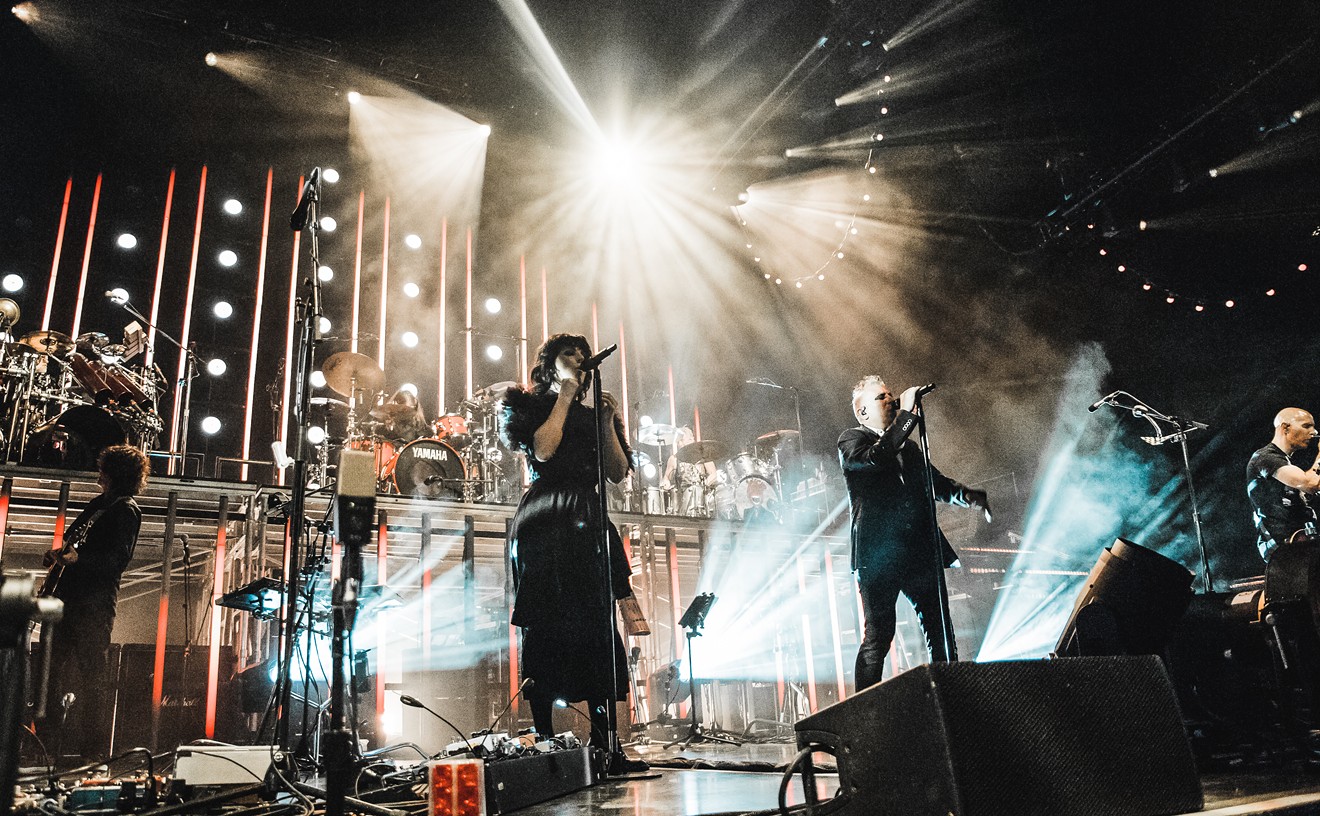Mainstream films about the sexual awakening of adolescent males invariably come in two forms: sappily self-important (Summer of '42) or leeringly grotesque (American Pie). Consequently it's hard to imagine what American moviegoers are going to make of Nico and Dani, a Spanish film about teen-age boys who are neither idealized innocents nor inane goofballs. That's provided, of course, that American moviegoers are going to be moved to see the movie in the first place: It doesn't feature any familiar sitcom stars, and there's a good chance our culture isn't mature enough to deal with a film this honest.
Directed and co-written by Cesc Gay and based on a play by Jordi Sánchez, Nico and Dani deals with the exceedingly hot-button issue of gay sexuality without creating a cordon sanitaire within the narrative to do so. Nico is straight, Dani is gay, and in declining to make a big deal about it, this film becomes a very big deal indeed. Like millions of adolescent boys past and present the whole world over, they've enjoyed mutual masturbation (they call it krámpack, which was the film's original title). And while this has served as a prelude to adult same-sex activity for some, for others it's merely a passing pleasure to be enjoyed and outgrown. Now, just imagine trying to present such a plot point at a Hollywood studio pitch meeting. Your parking space would be painted over before you reached your car, and you'd be banned from Morton's for life. Hollywood's just not mature enough for adolescence.
Filmmakers in other countries have had no trouble in dealing with male teen same-sexuality in recent years. But the British Beautiful Thing and the French Wild Reeds were serious dramas, and this Spanish film has a lighter touch that's rather disarming. You can sense this unusual tone right in the opening scene, where we see Nico (Jordi Vilches) arriving by train to spend the summer with Dani (Fernando Ramallo) at the latter's parents' house in the suburbs of Barcelona. Skinny and incredibly gawky, with enormous eyes and two ears that seem to stick out like antennas, Nico almost seems to be from another planet. Yet there's a winning smile on his face as he strikes up a conversation with a woman sitting opposite him. And as the camera stays on him (we never see the woman) we can take in the full impact of his mixture of shyness and bravura. This is a teen-age boy trying to flirt with a girl he doesn't know--perhaps for the very first time--and the film conveys this without the reflexive condescension that would make Nico into someone we could feel safely superior to. He may be funny-looking, but he's never regarded as a figure of fun.
Dani is likewise treated in a manner that diverges from mainstream norms. While more conventional in appearance, his emerging gayness doesn't take the stereotypical form of willowy sensitivity. The main reason he wants Nico to spend the summer with him while his parents are away is so they can fish and hunt. That's why he's troubled when Nico wants to spend more and more time with two attractive girls, Elena (Marieta Orozco) and Berta (Esther Nubiola). At first Dani is quite willing to go along with Nico's plans, but things go awry when the boys mistake Valium for an aphrodisiac, and the spiked sangria they give the girls causes one of them to simply pass out. And here again the film shows its becoming maturity. For rather than throw up its hands in horror at teen-age drinking, drug-taking and sex or make it a peep show spectacle (à la Kids), it allows these teen-agers to make fools of themselves in the simplest possible manner; they're as aware of their foolishness as are we who observe it.
All this is in preparation for the main arc of the story to be set in motion. In frustration at his girl-craziness, Dani becomes jealous and proprietary with Nico. In fact, he starts to act as though he's in love with him. The beauty of Cesc Gay's direction of his young cast is in the way he makes plain that this "love" is really an acting out on Dani's part: He doesn't know what love is; he's only just become aware that there's something more than krámpack in store for him sexually.
And then the film plays its riskiest card, introducing an adult gay male named Julian (Chisco Amado). A friend of Dani's English tutor (who, besides the housekeeper, is the only other adult in view), Julian is a writer and mature enough to recognize what's going on with Dani right from the start. Yet he's also responsible and keenly aware that being anywhere near an underage youth is potential dynamite. Dani, however, is anxious to learn about gay experiences and therefore sees Julian as a potential mentor.
No, adult-child sex doesn't rear its intensely troubling head and thereby turn Nico and Dani into a commercial for the North American Man-Boy Love Association. But the film goes a long way toward dispelling myths of innocence and purity, while showing that teen-agers can sometimes be wise enough to figure out some of life's most important lessons for themselves. While Nico and Dani is, like many teen films, about "the summer that changed their lives forever," it doesn't act as if it is. And because of this, Gay has created a film that will make it difficult to regard teen-age sexuality in quite the same way again.










